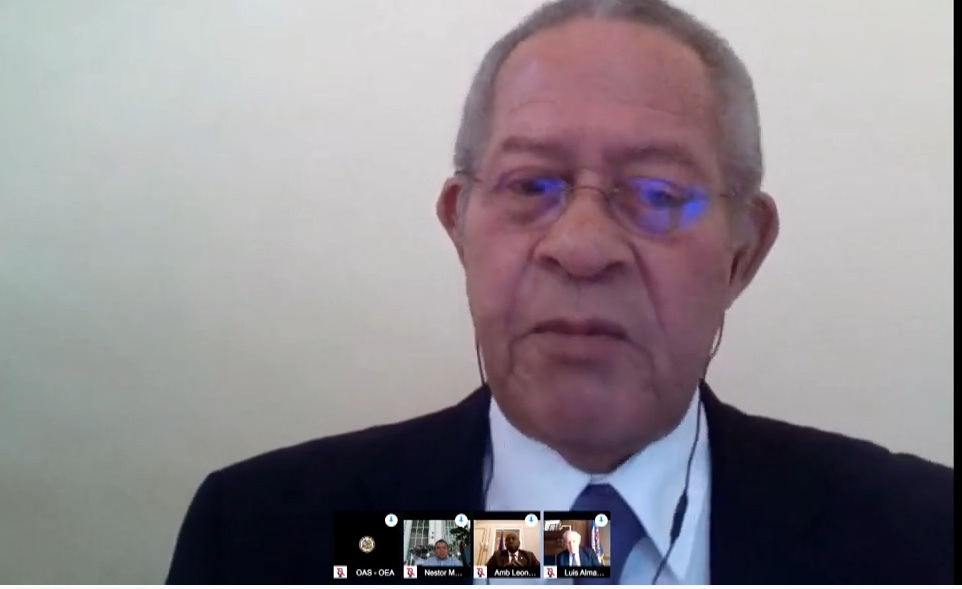
(Jamaica Observer Editorial May 15) It’s no secret that the discovery of oil — estimated at more than eight billion barrels — off Guyana’s Atlantic coast is the big prize in the general election that is still undecided after two months.
Indeed, the general feeling within the international community is that, whichever party forms the next Government will, barring the unforeseen, remain in power for a long time, given the volume of oil deposits discovered.
Just last month, the World Bank’s semi-annual report of the Latin America and Caribbean projected that Guyana should see an overall economic growth of 51.7 per cent for this year, 8.7 per cent in 2021, and 2.6 per cent in 2022. This is coming on the back of a 4.7 per cent expansion of the economy in 2019, with anticipated oil revenues spurring expansion in non-traded sectors.
The World Bank did caution, though, that while the oil discovery could transform Guyana’s economy, there are risks, as illustrated by the still incomplete election outcome, falling oil prices, and the COVID-19 pandemic.
Additionally, the bank pointed to weak public service delivery and monitoring systems that can constrain the development of policies to reduce poverty and protect the vulnerable.
What has transpired in this sister Caricom country since the March 2, 2020 election has basically been a circus, and it is indeed a shame that up to this stage a credible count of the votes has not been completed.
Allegations of fraud in the recount are running rife, and just this week former Jamaica Prime Minister Bruce Golding, who headed the Organisation of American States (OAS) observer team during the election, stated that four ballot box results were altered in favour of the ruling A Partnership for National Unity /Alliance For Change coalition.
